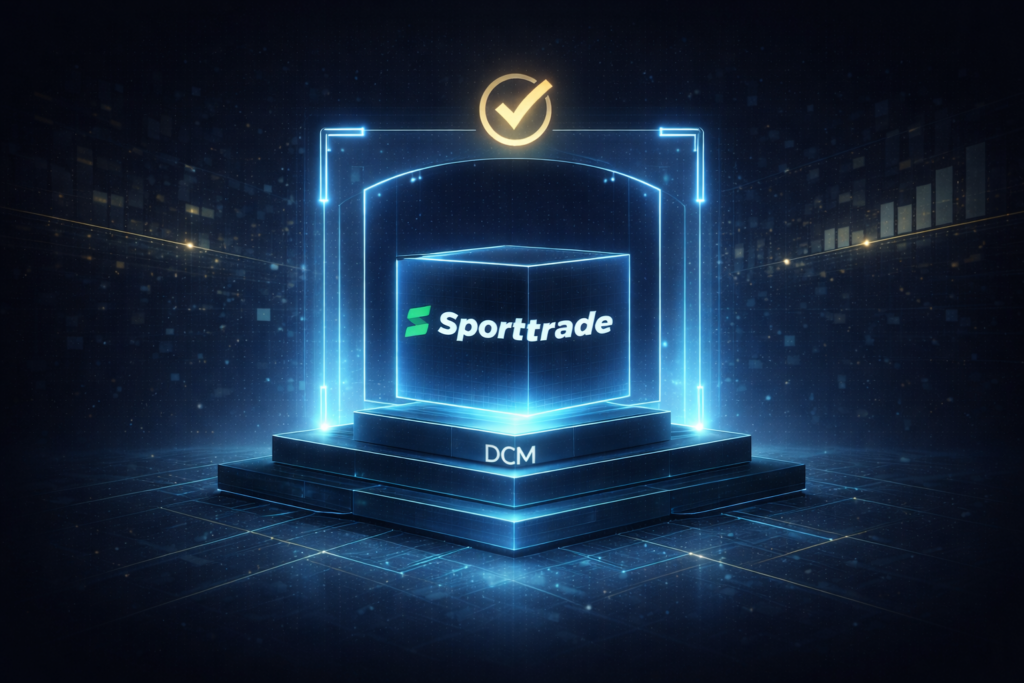While a bill has been filed in the New York State Assembly to restrict prediction markets on multiple fronts, Senator Joseph Addabbo’s support is critical to its passage.
Assemblyman Clyde Vanel went it alone in introducing NY AB 9251 on Friday, Nov. 7. The legislation does not yet have a co-sponsor in the Senate.
As Chair of the Senate’s Racing, Gaming & Wagering Committee, Addabbo has championed pro-gambling legislation in New York, and he wants the state to be proactive in dealing with prediction markets.
“I’m glad to see my friend Clyde Vanel introduced this. We could have waited on the sidelines to see what the CFTC would do,” Addabbo told DeFi Rate over the phone on Monday. “I don’t do that. I don’t like to wait on the sidelines.”
Prediction Markets Bill Needs NY State Senate Co-Sponsor
Addabbo had already been consulting with attorneys about how the state can protect itself and its residents from prediction markets.
He told us last month that while he prefers further regulation at the federal level, he’s been planning on firing up the discussion when the new legislative session begins in January.
Vanel’s bill, though, hastens those conversations.
“We were talking to our legal counsel to see what can be done,” Addabbo said this week, “and now that this bill came out, I will ask my legal counsel to look at it.”
“It does need a Senate sponsor. If we feel it’s something that’s A) within our jurisdiction and B) it would matter — like it would make some sense to do – I’ll talk to my friend [Assemblyman Vanel] to see if I can carry it in the Senate.”
How Does NY Bill Address Prediction Markets?
The sports event contracts prediction markets offer are central to the legal, and now legislative action states are taking against these companies, Kalshi first and foremost. The contracts are indistinguishable from sports bets, states claim, meaning prediction markets are illegally circumventing state regulation and taxation.
NY AB 9251 would ban prediction markets from offering “athletic market events”, including horse racing and prop bets.
As outlined by Daniel Wallach on X, the bill would also:
- Ban market makers, which provide most of the liquidity on prediction markets and are often institutional, not peers in purported “peer-to-peer” trading. Susquehanna International Group (SIG), for example, is Kalshi’s primary market maker
- Authorize the state attorney general to impose major financial penalties on violators.
- Implement multiple player protection and responsible gaming measures such as marketing restrictions, an age minimum of 21, a ban on credit cards funding accounts.
Responsible gaming and protecting New Yorkers from addiction and predatory practices have always been top of mind for Addabbo.
“I do like the intent of the bill,” Addabbo said.
“What’s interesting is the bill went to the Consumer [Affairs and] Protection Committee, not the [Standing Committee on Racing and Wagering], but it is a consumer protection bill more so than a gaming bill.”
States vs. Prediction Markets: Can Legislation Be Effective?
While several states, New York included, are battling Kalshi in court, the legislative path has been less explored.
A legal sticking point is whether state law is pre-empted by federal law, since prediction markets are regulated under the CFTC.
The legislative process can also be quite cumbersome.
“To address an issue legislatively is not the most efficient way to do things sometimes because of the time frame it takes to do something legislatively,” Addabbo explained.
“I would like to have a conversation with the gaming commission to see if, administratively, that’s another way that we can address the situation, by having them set up some administrative guard rails.
“But nevertheless, I like the fact that at least we in the state are looking at ways to address this and not waiting for the federal government.”








